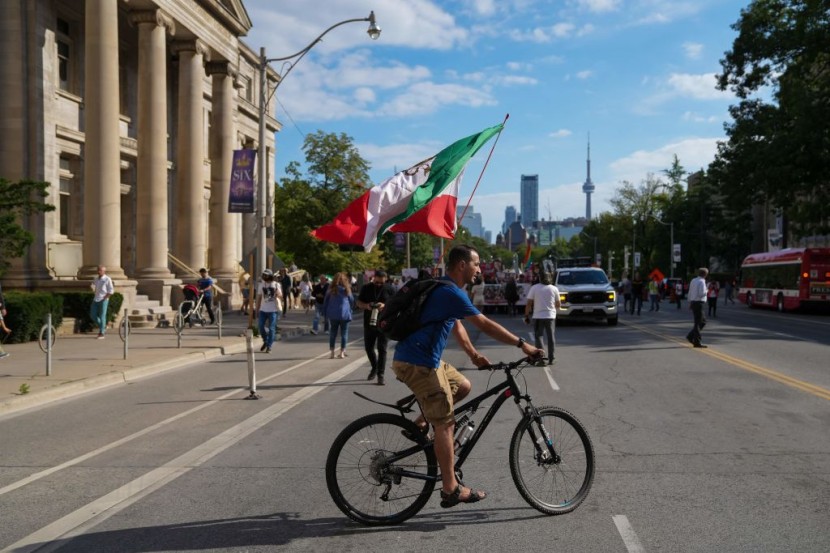
Amid escalating diplomatic tensions between India and Canada, the Indian government has issued a cautionary advisory to its citizens, especially students residing or planning to visit Canada.
The advisory comes in the wake of Canadian Prime Minister Justin Trudeau's assertion that the Indian government may have been involved in assassinating a Sikh activist on Canadian soil, as per to New York Times.
Indian Advisory Amidst Diplomatic Tensions with Canada
In a statement released by the Indian foreign ministry, it was revealed that threats have particularly targeted Indian diplomats and sections of the Indian community who oppose the anti-India agenda. The statement further emphasized the deteriorating security environment in Canada and advised Indian students, particularly, to exercise extreme caution and remain vigilant.
This advisory holds significant weight as Indian nationals constituted approximately 40% of Canada's international student body last year, making them the country's largest group of international students, according to the Canadian Bureau of International Education.
The diplomatic rift between the two nations stems from Canadian allegations that Indian government agents may be linked to the murder of a vocal Sikh separatist, Hardeep Singh Nijjar, in British Columbia in June.
Prime Minister Narendra Modi of India has categorically denied these allegations, referring to them as credible allegations made by Prime Minister Trudeau. Consequently, India and Canada expelled each other's diplomats, marking a significant breakdown in their diplomatic relations.
The exact nature of the evidence being investigated by Canadian intelligence officials remains unclear, but Indian leaders have consistently maintained the innocence of their government. A.S. Dulat, a former head of India's international espionage operations, unequivocally stated, "We do not go around assassinating people - let me clarify this."
New Delhi has raised concerns about the rise of anti-Indian rhetoric, "politically condoned hate crimes, and criminal violence in Canada."
These concerns align with Modi's longstanding accusations that Canada is providing a haven for terrorists with aspirations of establishing Khalistan, an independent Sikh state in the Indian state of Punjab. Before his tragic death, Hardeep Singh Nijjar was wanted in India in connection to extremist activities, although Canada maintains that he had not engaged in acts of terrorism in either country.
India is apprehensive that pro-Khalistani political activity in Canada could reignite the movement within India's borders. The Modi government has consistently urged Canada to take a stricter stance on separatist elements, but these calls have gone unanswered.
Canada is home to the most prominent Sikh population outside the Indian state of Punjab, with approximately 770,000 individuals identifying Sikhism as their religion in the 2021 census, according to Al Jazeera.
Khalistan Movement in the Sikh Diaspora
The Indian government has often reacted strongly to the demands of Sikh separatists in Western countries advocating for Khalistan.
While the Khalistan movement experienced its peak in India during the 1980s with a violent insurgency centered in the Sikh-majority Punjab state, it has since waned in India but retains popularity among specific segments of the Sikh diaspora in countries like Canada, Australia, and the UK.
Canada, with its substantial Sikh population, has witnessed numerous pro-Khalistan protests and demonstrations. In June, reports surfaced that India had lodged a "formal complaint" with Canada regarding the safety of its diplomats stationed there.
The ongoing diplomatic tensions between India and Canada raise concerns about the broader implications for the relationship between these two nations, with potential repercussions extending to economic, political, and cultural ties. As both countries grapple with these complex issues, the situation remains fluid, with no immediate resolution, BBC reported.








